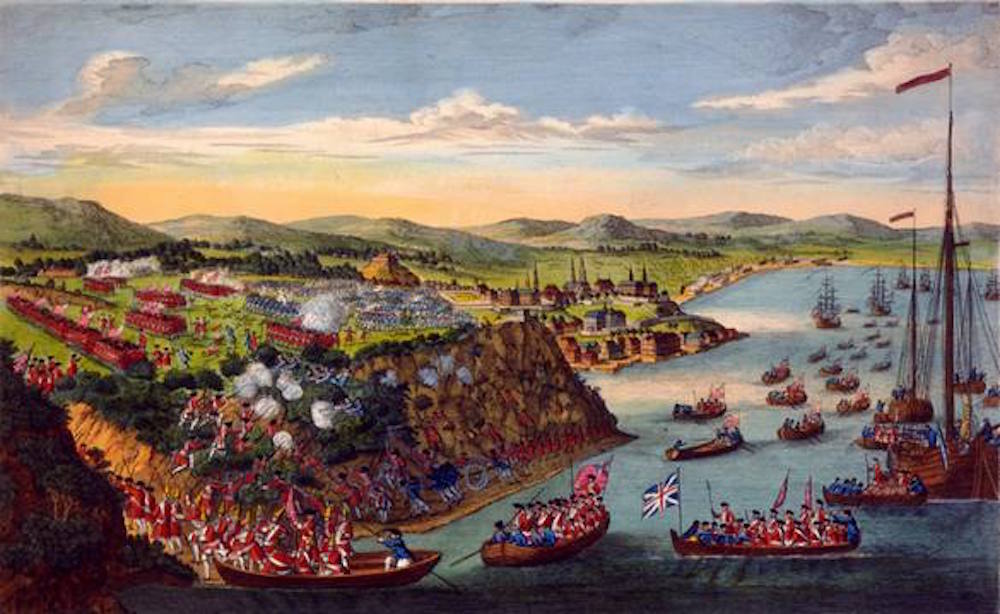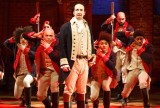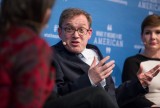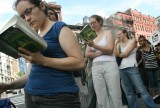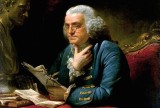The Quebec Battle That Opened the Door to America
By Beating Back the French in 1759, British Colonials Defeated a Big Obstacle to Their Own Independence
You can go to Quebec City, about 100 miles from the nearest U.S. border crossing, for the spectacular scenery, fine dining, great museums, and strolls through neighborhoods that date to the beginning of the 17th century.
Or you can go for the American history. Those who know of the Battle of the Plains of Abraham—fought September 13, 1759 on a plain named for the early French settler Abraham Martin—often remember it as a fight between a French army commanded by Lieutenant General Louis-Joseph de Montcalm and a British army commanded by …




